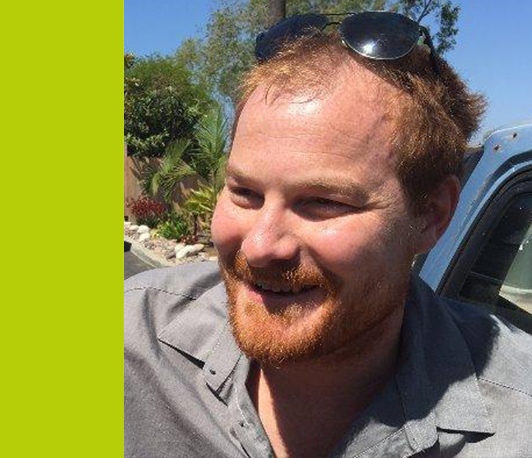Seminar: Cycles, Cohorts, and the Zeitgeist: Using Big Data to Reveal the Forces of Cultural Evolution
- Date: May 28, 2024
- Time: 02:30 PM (Local Time Germany)
- Speaker: Bret A. Beheim, Max Planck Institute for Evolutionary Anthropology
- Location: Max Planck Institute for Human Development, Lentzeallee 94, 14195 Berlin
- Room: Small Conference Room
- Host: Center for Humans and Machines

© private
Bret A. Beheim, Max Planck Institute for Evolutionary Anthropology
Cycles, Cohorts, and the Zeitgeist: Using Big Data to Reveal the Forces of Cultural Evolution
Cultural trends are traditionally modelled at the level of decisions, as a combination of social and individual learning processes, shaped by our evolved cognition responding to informational cues. But cultural change is also inherently demographic, as individuals enter and leave a population under study in systematic patterns of migration and cohort turnover. These processes reflect distinct evolutionary forces, and in a given empirical study, we can use some mathematical tools borrowed from evolutionary ecology to account for their relative importance. I will review two empirical applications of this approach, looking at topical trends in Anglophone literature since the mid-1800s, and the dynamics of opening strategies in the Game of Go, in the pre- and post-AlphaGo eras. These systems show distinct patterns of change which indicate the operation of very different evolutionary processes.
Bret A. Beheim uses the tools of evolutionary ecology to help understand cumulative cultural dynamics in human societies. Specifically, he focuses on innovation and strategic retention of ideas and technology in noisy environments, as well as the demographic aspects of cultural change. He accomplishes this through formal theoretical models, the analysis of large-scale economic and behavioral datasets, and ethnographic fieldwork with Amazonian horticulturalists in collaboration with the Tsimane Health and Life History Project. He holds a doctorate in Evolutionary Ecology from UC Davis, where his advisor was Pete Richerson, and is currently a Group Leader at the Max Planck Institute for Evolutionary Anthropology in Leipzig, under the direction of Richard McElreath.
Join at the Max Planck Institute for Human Development or online.
Webex Access
Meeting number: 2742 727 8691
Password: P8Pb8KVExk5